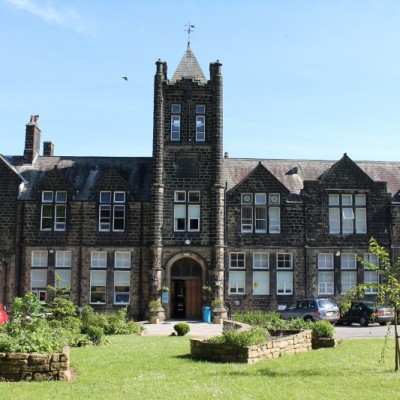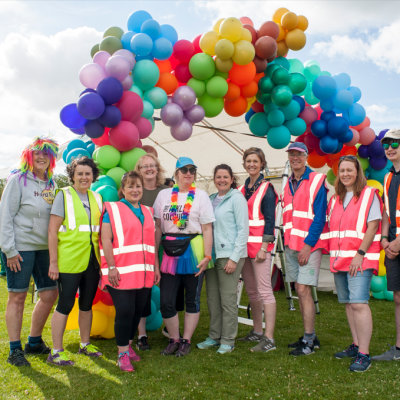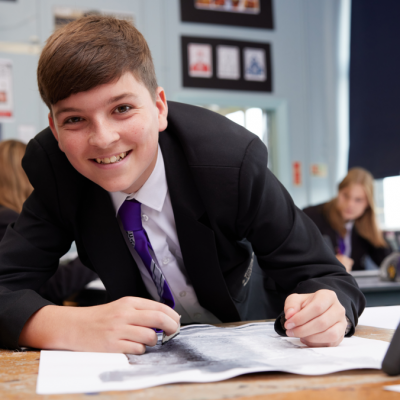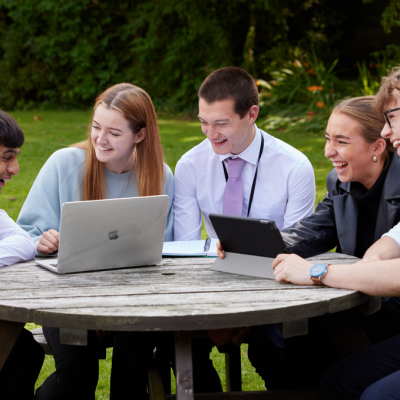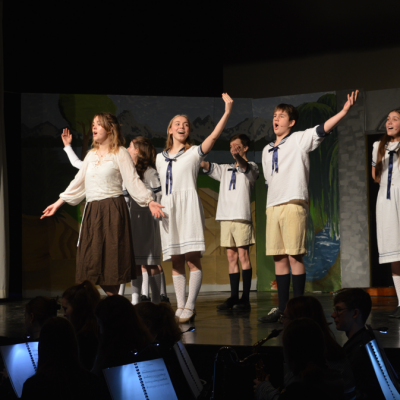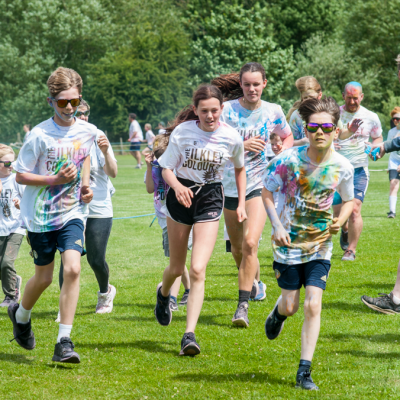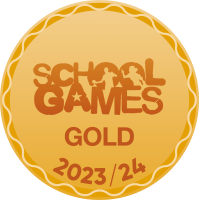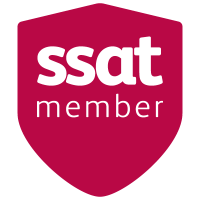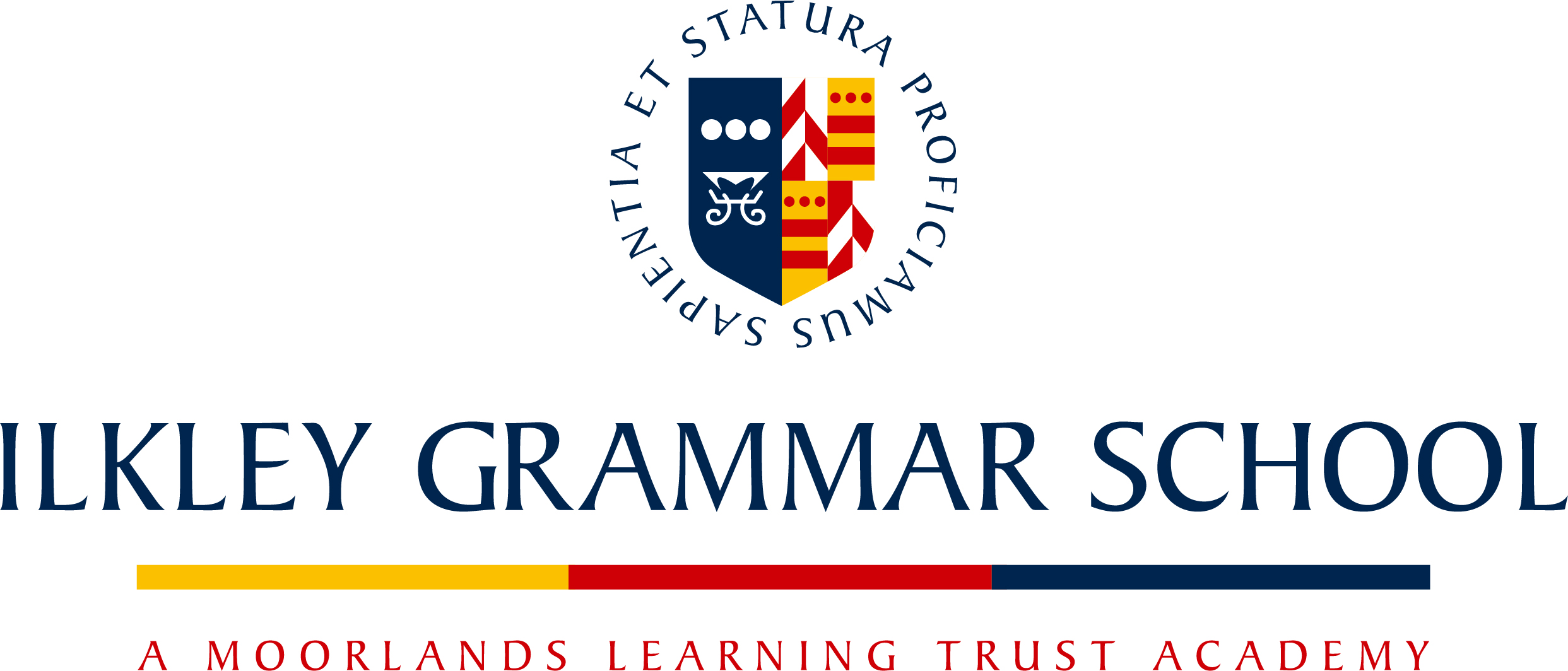PHYSICS
Physics is amazing. That humans can use physics principles to understand phenomena from the movement of life-giving materials around human bodies to how nuclear fusion leads to stars filling the universe with heat, light and the materials for life is amazing.
The physics curriculum aims to awaken all students to interesting aspects of physics, give them the tools to understand how physics can enhance understanding of aspects of the world around them and to understand how physics has developed as a discipline over time. The curriculum also provides students who choose to study separate science physics at KS4 and/or physics post-16 the knowledge, understanding and skills needed for further specialist study.
All aspects of Physics are interrelated, but for most purposes Physics can be considered to consist of five “Big Ideas”:
- Matter
- Forces and Motion
- Waves
- Electricity
- The Universe
The key knowledge, understanding and skills pertaining to each topic are identified and the curriculum introduces the ideas to younger students, building and reinforcing students’ knowledge and skills with more depth and more sophistication as they grow and develop as learners and as people. This is exemplified below for the topic “Electricity”. At each stage the key knowledge is taught and its learning checked and reinforced. The way the knowledge is used in jobs and science and its links to societal aspects are made explicit at each stage as the sophistication of the knowledge allows.
Year 8 Electricity:
Building on KS2 ideas, students learn a simple model for electricity in terms of the movement of electrical charge, compare the model to analogies of charge flow and make critical analysis of the strengths and weaknesses of those analogies, apply those ideas to series and parallel circuit, learn electrical circuit symbols for basic components and how to draw and interpret circuit diagrams. Students learn more about charge and develop their mathematical skills relating to using and manipulating equations through the application of equations relating current to the rate of charge flow and potential difference (PD) to the energy transferred during the movement of a unit charge. Resistance is studied as a qualitative concept.
Year 9 Electricity:
Students recap and revisit Y8 electricity knowledge through memory games and the application of those ideas to new situations. Students understanding of PD, current, resistance, series and parallel circuits is developed to allow students to predict and determine the values of PD and current in more complex circuits, use an equation relating resistance to current and PD. Students’ understanding of graphs is developed further through relating the current-PD graph to their understanding of how current, PD and resistance relate to each other.
Year 11 Electricity:
Students recap and revisit Y8 and Y9 electricity knowledge and understanding through memory games and the application of those ideas to new situations. Students learn the symbols for more complex components such, as thermistors, which allows students a deeper understanding of how such components interact with the world allowing electronics to contribute to aspects of modern life from the monitoring of vital signs in hospitals to the convenience of remote controls. Students develop their language use such that they can explain using accurate concise English the operation of electrical circuits. Students study Mains electricity including real world applications to electrical safety and then aspects of electricity use that impact on energy needs, costs and environmental impact.
